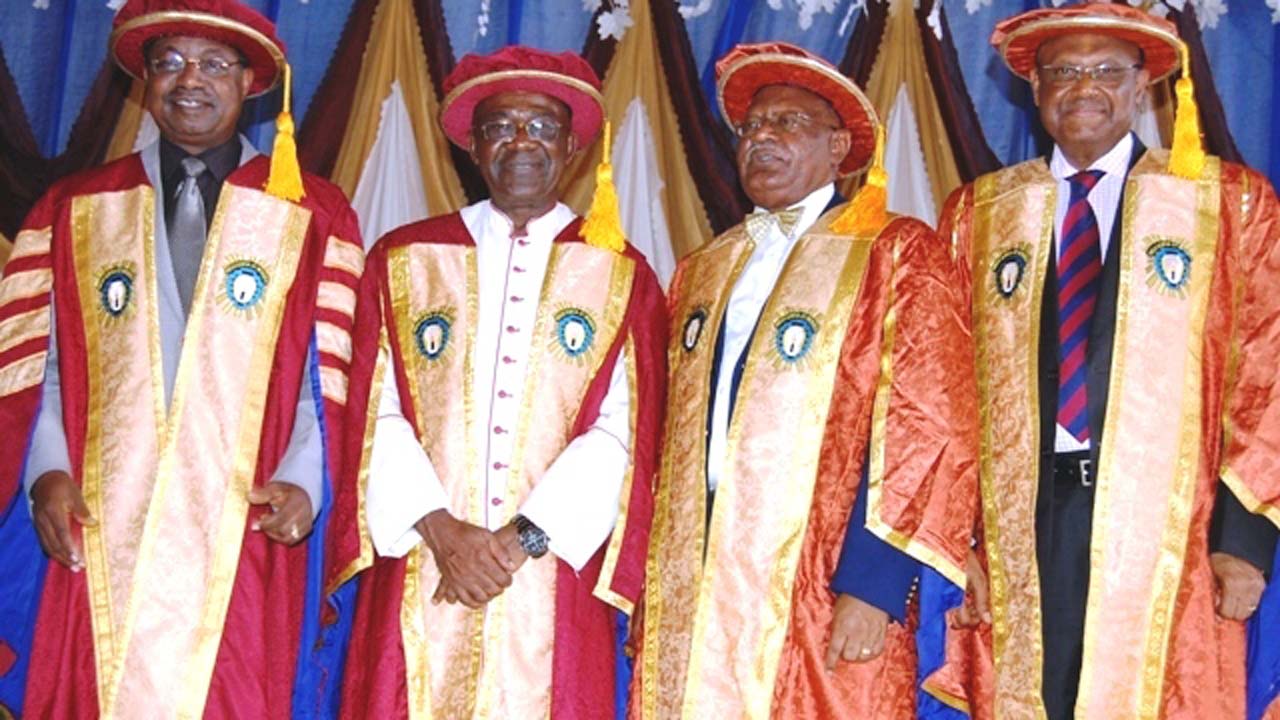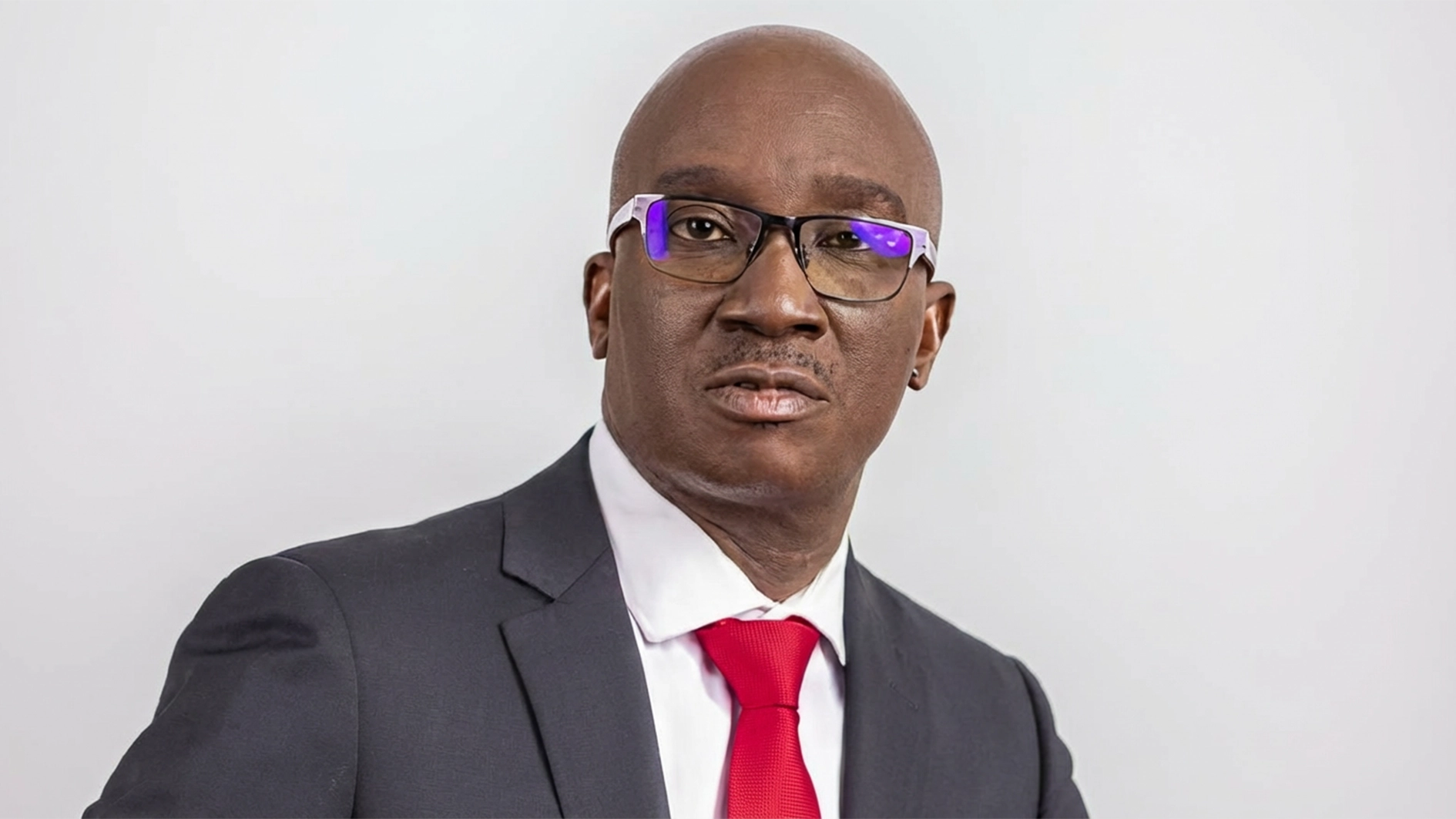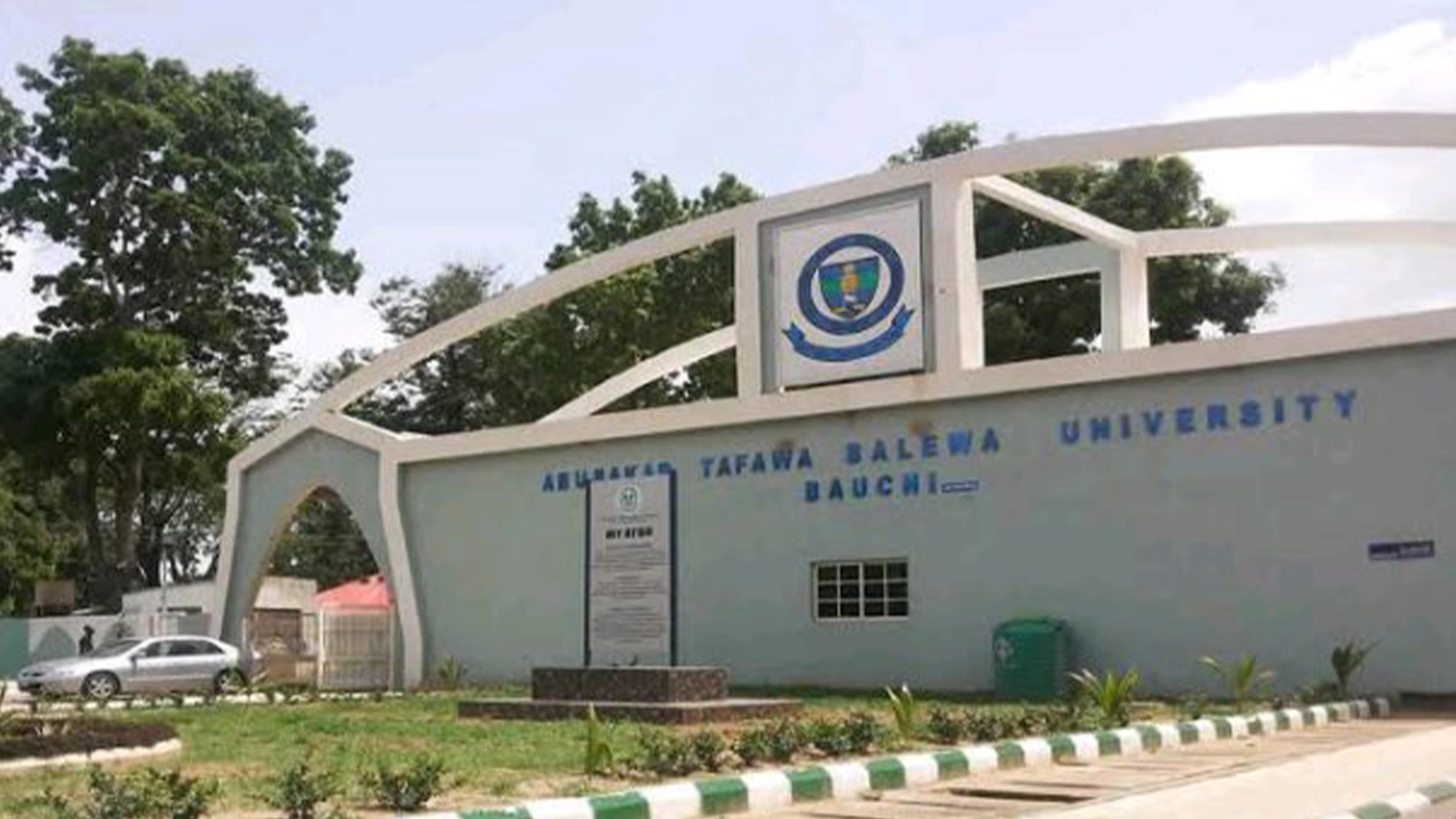
Vice-Chancellor of Augustine University Ilara-Epe, Lagos State, Prof. Steve Afolami, has said that education, which is the bedrock of the development of any nation, needs the best attention and positive contribution of everyone.
He stated this at the third matriculation ceremony of the university, which held at the institution’s auditorium recently.
According to him, enablement for some level of income into every home will improve the peace and stability of homes so that children can grow up in an atmosphere devoid of tension and rancor traceable to poverty and lack of steady means of livelihood.
The teachers at the primary and secondary school level should be qualified and in sufficient numbers for each subject in classrooms that are tidy and decongested; thus enabling the teacher easy mobility around and inspection of notebooks and workbooks while at the same time, teaching; and in good ratio of 1:35 students/pupils as opposed to the current ratio of 1:80 or 100 in many urban and peri-urban public schools.
“Remuneration of teachers should be attractive and regular with retraining schemes built into their service by means of seminars and refresher programmes. This should be done before each promotion to the next rung of the ladder.
Inspectorate Departments of the Ministries of Education should be adequately funded to perform their duties and teachers should not be deprived of their authority to enforce discipline at any level.
“The Education sector, like the agricultural sector has very high potential to absorb labour in that more teachers are employed to decongest the classrooms into which too many students are crammed; as against the current trend in which teachers are not employed in sufficient numbers by the three tiers of government.
At the University level, parents should be made to contribute more than they are doing now to the education of their children so that the Universities can provide the basic comfort and services required for a good learning environment like it used to be in the Sixties up to the early eighties in Nigeria.
“Competitive scholarship programmes and bursary support for brilliant but indigent students should be provided, while loan schemes can be reintroduced for others who may need it.
Sports and competition across states of the Federation have to be re-introduced as the other aspect of school life for good health and detection of talents which can be properly channeled early in life to other aspects than strictly academic pursuit which cannot be a career for all.
The technical and vocational needs of the nation should be factored into any declaration of emergency because needs are begging for fulfilment in that regard and unemployment is rife precisely because those areas of our educational system are too theoretical to be useful.
They are mere unsuccessful mimicry of the University system and they don’t have to be so.”
Prof. Afolami further stated that private institutions do not need any state of emergency because a high standard is prescribed and enforced before approval. However, regular monitoring to maintain the high standard is also ensured by the school and other regulatory bodies in charge. An aspect of the emergency should involve the inclusion of Private Universities in the competitive scholarship and grant schemes of government as a way of increasing the attraction of students who hope to benefit from such competition. This is because the students are Nigerians, their parents pay tax and they are being trained for Nigeria.
On the issue of disbursement of the Tertiary Education Trust Fund (TETFund) being made equitable and not restricted to public universities alone, Prof. Afolami stated that it will increase the number of students applying into faith-based institutions and have a positive effect on the school, staff and students. This would aid the “staff development component of the funds provided by the agency to be attractive to lecturers who seek to apply for a doctorate degree, post-doctoral and other postgraduate programmes. Secondly, the research grant component will assure the senior academic staff of the needed research funds through healthy competition with their counterparts in public Universities for grants packaged by the agency. These improve visibility and attraction.
On the nascent years of Augustine University, Prof. Afolami stated that the institution has been a success in two phases. “The phase of constructing the buildings, roads and equipping the buildings to provide first-grade facilities that has placed the University in an enviable position among its pairs, and the post-approval phase which began in March 05 2015. The University is therefore too young to begin to beat its chest about achievements. However, it will not be immodest to speak the truth about what goes on within its walls.
“Aside fees, structures are being put in place to provide internally-generated income in addition to farming that helps to maintain cleared land ahead of further development of infrastructure. Over time, the expertise of staff will support consultancy services to those who need laboratory investigation, simulation studies and allied ICT services. As population increases, internal provision of certain services and products for residents will become additional sources of revenue,” he stated.
The keynote speaker, while delivering his speech at the matriculation ceremony on the topic, Governance and Civic Obligation in Tertiary Institutions, the Former Vice-Chancellor, Obafemi Awolowo University, Ile-Ife, and Former Secretary General, Association of Vice Chancellors of Nigerian Universities (CVC/AVCNU), Professor Michael Faborode stated that University governance requires bold and firm leadership, personified by a visionary Vice-Chancellor, who must be supported by all other functionaries towards achieving the institution’s vision, fulfilling her mission and ensuring her sustainability and relevance to humanity and local context.
Prof. Faborode further disclosed that the overall success of a university is the concern of all stakeholders, and this includes the students.
[ad unit=2]






